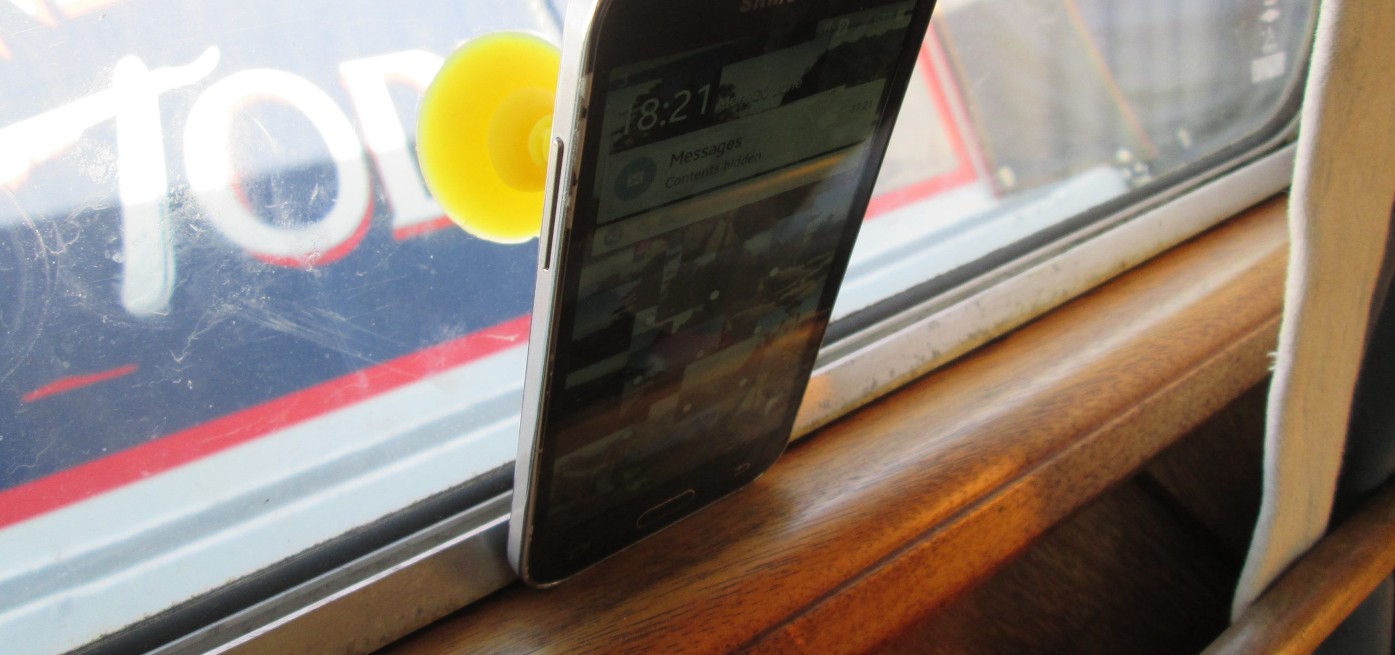
Buying Guide for Portable Signal Jammers
Key Takeaways Consideration Detail Product Weight Jammer Master’s portable jammers average 1.5Kg, significantly lighter than desktop models. Frequency Bands Capable of blocking multiple bands with
Free Worldwide Shipping & 1-Year Warranty!

Cell phone signals have become increasingly prevalent in our daily lives, offering numerous benefits. However, they also come with certain limitations. In some situations, cell phone signals are unnecessary or even disruptive. This is where cell phone signal blockers come into play. By installing these devices, one can effectively eliminate cell phone signals in a specific area. However, it is important to consider the range and effectiveness of these blockers, as well as other factors such as reliability, external interference, and cost.
The effectiveness of a cell phone signal blocker depends on its range and coverage. It is crucial to ensure that there are no blind spots or leakage within the blocking range. By doing so, the blocker can effectively eliminate cell phone signals in the designated area. However, if there are blind spots or leakage, the blocking range may be compromised, reducing the overall effectiveness of the device.
The reliability of a cell phone signal blocker is an important factor to consider. If a blocker is advertised to have a lifespan of one year without any malfunctions, but in reality, it can be used for three years without any issues, the cost-effectiveness of the device increases significantly. On the other hand, if a blocker frequently malfunctions within the first six months of use, even if it comes with free repairs, the associated risks and wastage of resources can outweigh any potential benefits, resulting in decreased cost-effectiveness.
When considering the effectiveness of a cell phone signal blocker, it is essential to take into account its potential interference with external devices. While it may be relatively easy to block signals by increasing the blocking power, it is important to ensure that the blocking area is free from blind spots and leakage. However, increasing the power within the blocking area may also lead to significant interference with external devices. Therefore, it is crucial to carefully design and control the blocking technology to achieve precise and efficient signal blocking without causing interference to external devices.
The cost of a cell phone signal blocker should be determined based on the specific blocking requirements and budget. It is important not to blindly choose cheap products or assume that higher-priced options offer better blocking effects. In reality, the effectiveness of the signal blocker is of utmost importance. It is crucial to conduct on-site inspections, examine past case studies, and test the blocking effects before making a final decision.
Cell phone signal blockers offer a solution to situations where cell phone signals are unnecessary or disruptive. However, their effectiveness depends on factors such as range, reliability, external interference, and cost. To ensure optimal performance, it is important to carefully consider these factors and select a signal blocker that meets the specific requirements of the intended application. By doing so, one can effectively eliminate cell phone signals in a designated area without causing unnecessary interference or compromising cost-effectiveness.
Our frequency checker tool will help you check all frequency bands used in all country.

Key Takeaways Consideration Detail Product Weight Jammer Master’s portable jammers average 1.5Kg, significantly lighter than desktop models. Frequency Bands Capable of blocking multiple bands with

In an age where the sky is dotted with drones, the importance of drone jammers has never been more significant. From commercial deliveries to personal

Protect your vehicle’s location privacy with a professional guide on GPS jammers. From selection to legal considerations and installation tips, we’ve got you covered. Key

Understanding Signal Blocker: How It Works and Its Applications Signal Blockers are devices that can disrupt mobile phone signals, preventing them from connecting to base

The Application and Benefits of High-Power Signal Jammers Enhancing Signal Blocking Efficiency in Various Environments In today’s technologically advanced world, the need for effective signal

Considerations for Purchasing Exam Room Signal Jammers Ensuring Effective Signal Jamming for Exam Integrity As the year approaches its end, many schools are preparing for

The Importance of Monitoring and Signal Interference Measures During Examinations During examination periods, it is crucial to closely monitor the examination venues and their surrounding

Selecting the Appropriate Cell Phone Jammer for Theaters and Auditoriums Overcoming Challenges in Installation and Maximizing Signal Disruption The Importance of Cell Phone Jamming in

Remote Control of Cell Phone Jammers via Smartphone: A Possibility? With the rapid development of the Internet of Things (IoT), numerous smart home devices have